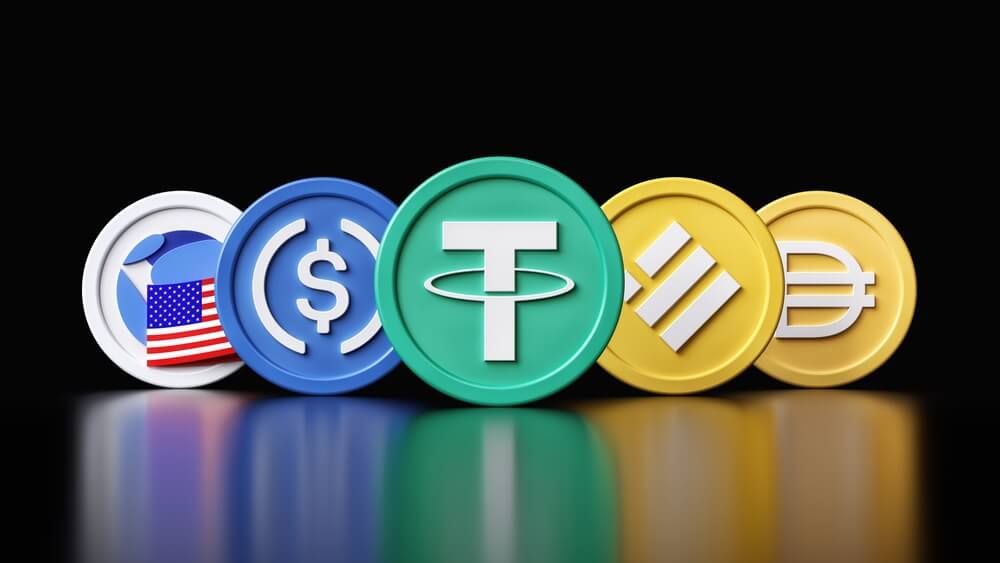A new draft regulatory bill for stablecoins in the United States has been published on the House of Representatives’ document repository.
This comes ahead of an upcoming hearing on the topic scheduled for April 19th. The draft outlines that the Federal Reserve would oversee non-bank stablecoin issuers, such as Circle and Tether, while insured depository institutions would fall under the appropriate Federal banking agency supervision.
Stablecoins are a type of cryptocurrency that aim to provide investors with price stability by being backed by specific assets or through algorithms that adjust supply according to demand. Stablecoins were introduced in 2014 with the launch of BitUSD.
Under the proposed legislation, issuers must register with the relevant authorities, failing which they could face up to five years in prison and a fine of $1 million. Overseas issuers would also be required to register in order to operate in the US.
To receive approval, applicants must demonstrate their ability to maintain reserves backing the stablecoins with US dollars or Federal Reserve notes, Treasury bills with a maturity of 90 days or less, repurchase agreements with a maturity of 7 days or less backed by Treasury bills with a maturity of 90 days or less, and central bank reserve deposits.
They must also demonstrate technical expertise, established governance, and the potential for financial inclusion and innovation through stablecoins.
The draft also includes a two-year ban on issuing stablecoins not backed by real assets and a mandate for the Treasury Department to conduct a study on “endogenously collateralized stablecoins,” which rely solely on the value of another digital asset created or maintained by the same originator to maintain a fixed price.
Circle’s CEO, Jeremy Allaire, has commented on the draft, stating that “there is clearly the need for deep, bi-partisan support for laws that ensure that digital dollars on the internet are safely issued, backed and operated.” Cointelegraph contacted Tether for comment, but has not received an immediate response.
The draft also allows for the establishment of standards for interoperability between stablecoins and calls for a study by the Federal Reserve on the issuance of a digital dollar, which would be supported by both Congress and the White House.
Stablecoin Bill
Overall, the proposed legislation seeks to create a regulatory framework that ensures the safety, stability, and legality of stablecoins, while promoting innovation and financial inclusion. As the use of stablecoins continues to grow, this draft bill is a significant step towards establishing clear rules and guidelines for issuers and investors alike.
